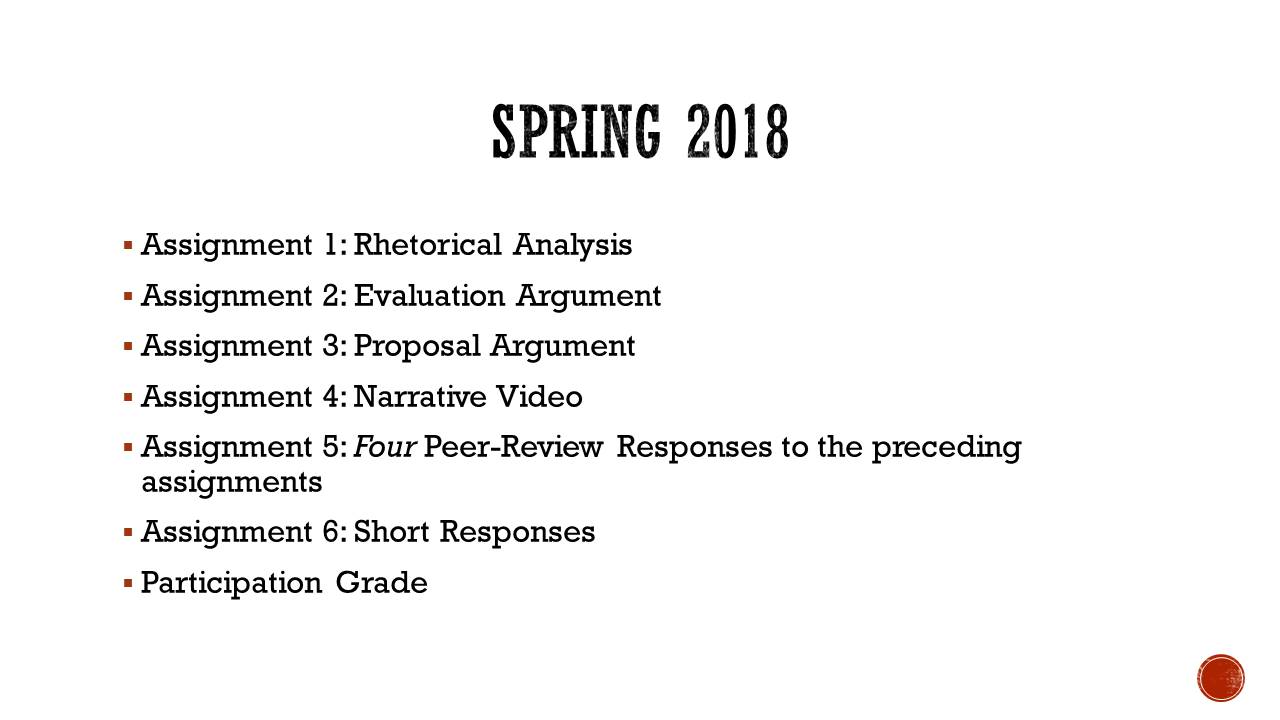Notes by Rachael Wiley
Town Hall Meeting
Conducted by Cheryl Glenn, John Marsh and Paul Kellermann
4:30-6 p.m., Tuesday, April 24 in the Grucci Room.
Agenda
- The class-size pilot study for next year that needs 10-20 English 015 instructors to participate by teaching at least two sections of English 015: one capped at 18 and the other at the traditional 24;
- Expectations for teaching faculty (timeliness, syllabus, SRTEs, etc.); and
- What we know and have learned from this year’s promotion process. Paul Kellerman will probably have some things to add.
Class Size Study
Cheryl will be running it during Fall 2018 semester
Grant proposal called “Penn State Writes”
- not about class size or workload; it’s all about the students & their experience as writers
- if we lower class size in the first-year writing class, it will change the quality of our students’ experience
- Cheryl proposed 20 instructors and 40 sections
- Dean said she’d pay for half of funding if Cheryl doesn’t get the grant
- So in fall, Cheryl needs 10 instructors to teach two sections of ENGL 15, one section with 24 students and one section with 18 students
- It’s imperative that each section be given equal time (e.g., for every 3 hours spent on the 24-student section, 3 hours should be spent on the 18-person section)
- These 20 sections will follow the same syllabus (with the same assignments)
- Instructors must have SRTE scores over 5.00
- Questionnaires will be administered at the beginning and end of the semester
- Mid-semester assessment around the 4th essay
- Cheryl’s also looking for a program coordinator with research experience to replace Josephine Pirrone, who’s retiring
- Ray Rosas (rdr30@psu.edu) will be the graduate coordinator; his interest is primarily in how class size affects underrepresented student populations and their retention rates
Expectations for Teaching Faculty
- SRTE scores over 5.00
- For example, this set of SRTE scores was deemed “adequate” by the Dean:
| SP17 | |
| Course | Instructor |
| 4.45 | 3.64 |
| 3.78 | 6.11 |
| 5.17 | 5.67 |
| 5.74 | 5.74 |
| SU17 | |
| 4.56 | 4.50 |
| FA17 | |
| 3.75 | 3.50 |
| 5.15 | 4.42 |
| 5.24 | 5.76 |
- Hand essays back in a timely manner
- Cheryl heard from 20 students this year (from about 5 different sections) with complaints that essays weren’t handed back until the end of the semester and provided no comments other than a grade
- Follow a syllabus that’s been approved by PWR
Promotion Process
8 people assembled dossiers this year; all were successfully promoted
Here’s what we’ve learned:
- SRTEs do matter
- Cheryl understands SRTEs are imperfect, that the scores are lower since we’ve moved to an electronic system, etc.
- Scores below 5.00 are unsatisfactory
- For those faculty whose scores have been low and who haven’t applied for promotion because of low SRTE scores, John Marsh suggested waiting a year or two to improve your scores before applying for promotion
- Grades also affect SRTEs
- Cheryl has noticed a pattern in lower SRTEs and lower course GPAs
- She thinks some lecturers might be grading too harshly, particularly when there’s been a pattern of comments about harsh grading that’s consistent with SRTE scores lower than 5.00
- Student complaints do matter when Cheryl and John write their letters (see Expectations for Teaching Faculty above)
- Teaching observations
- Bland evaluation letters do not help
- Arrange observations early in the semester
- Don’t ask a close friend
- Ask your observer to write a really frank letter
- Then ask them to come observe again later in the semester and write another letter, in which you have an opportunity to improve based on the criticism
- If this set of letters is accompanied by a rise in SRTEs, Cheryl says, “You’re there!”
- The NTLFAC (formerly LAC) will invite SITE to offer a workshop in the fall on how to write a strong teaching observation
- Cheryl can then provide a list of trained observers
- Cheryl can also provide a list of faculty who’ve taken the 602 for each of the 202s
- Claire Bourne, Steele Nowlin, and Garrett Sullivan will be invited to offer a workshop on teaching philosophies in the fall
- John Marsh urged everyone to start gathering teaching observation letters, even though the department won’t notify promotion candidates if they’ll be put forward—he emphasized it’s better to have more information than not enough
- Bear in mind, the evaluations submitted in the promotion dossier must be conducted by someone at a higher rank than your current rank
- Paul Kellermann emphasized that teaching was the central focus of the promotion review committee—service and research were icing on the cake, but the focus was on candidates’ teaching
Photo by Joanna Kosinska on Unsplash



















You must be logged in to post a comment.